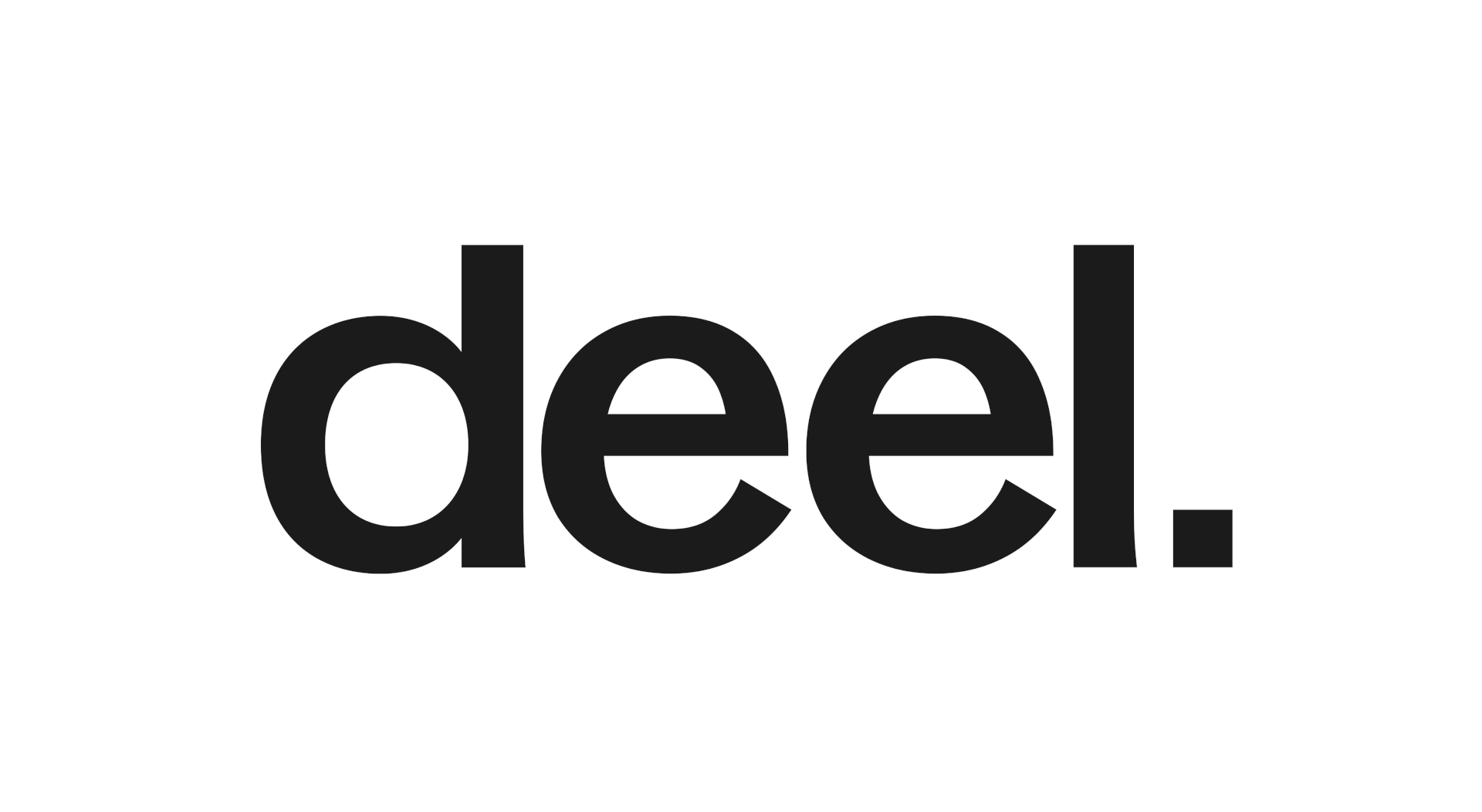In today’s global economy, companies of all sizes are expanding their operations in multiple countries. With the rise of remote work, companies are no longer limited to hiring employees within their local area or even their home country. However, managing employees in different countries can be a complex and time-consuming process. This is where the Employer of Record (EOR) service model comes in. In this article, we will explain how the EOR service model works and its benefits for companies.
What is the Employer of Record (EOR) Service Model?
The Employer of Record (EOR) service model is a business arrangement where a third-party company becomes the legal employer of a company’s employees. The EOR takes care of all the legal and administrative responsibilities related to the employment of the company’s employees, including payroll, taxes, benefits, compliance, and regulatory matters.
The EOR model is often used by companies that want to expand their operations into new countries, but do not want to set up a legal entity in those countries. By using an EOR, the company can have a presence in the new country without having to deal with the legal and administrative complexities of setting up a new entity.
Recommended Service:
Bring on talent worldwide with our Deel’s EOR entities. The Employer of Record service opens doors to hire in countries you’ve never operated in or where you don’t own an entity. Dive into global markets, scale fast, and provide a world-class experience for your international dream-team.
Used by teams large and small with 15,000+ businesses across the globe (and counting). Whether you want to hire contractors and employees worldwide without opening legal entities, streamline HR for your global team, or consolidate payroll for everyone —Deel does it all (while keeping you compliant).
How Does the EOR Service Model Work?
The EOR service model works by transferring the legal employer responsibilities from the company to the EOR. Here is a step-by-step explanation of how the EOR service model works:
1. Agreement between the company and the EOR
The company and the EOR sign an agreement that outlines the terms and conditions of the EOR service, including the scope of services, fees, and responsibilities of each party.
2. Hiring of employees
The company hires employees in the new country, either directly or through the EOR. If the company hires the employees directly, it transfers the legal employer responsibilities to the EOR. If the company hires the employees through the EOR, the EOR becomes the legal employer of the employees.
3. Onboarding and management of employees
The EOR handles the onboarding and management of the employees, including payroll, benefits, and compliance with local employment laws and regulations. The company may provide guidance and instructions to the EOR regarding the management of the employees.
4. Payment of employees
The EOR is responsible for paying the employees, including withholding and remitting taxes, social security contributions, and other statutory deductions. The EOR may also handle other employee-related payments, such as bonuses and expense reimbursements.
5. Legal and regulatory compliance
The EOR ensures that the company and the employees are in compliance with all local employment laws and regulations. The EOR also handles any legal or regulatory issues that may arise.
6. Termination of employment
The EOR handles the termination of employment of the employees, including any severance payments or other benefits required by local law.
Benefits of the EOR Service Model
The EOR service model offers several benefits for companies that want to expand their operations in new countries. Here are some of the main benefits:
Firstly, it is important to understand what an EOR service model is. Essentially, an EOR is a third-party organization that takes on the role of the employer for a company’s employees. This means that the EOR is responsible for all HR-related tasks, such as payroll, benefits administration, compliance with labor laws and regulations, and other administrative tasks.
One of the main benefits of the EOR service model is that it allows companies to focus on their core business activities. By outsourcing HR-related tasks to an EOR, companies can free up valuable time and resources that can be better spent on improving their products and services or expanding into new markets. This can result in increased productivity and profitability for the company.
Another benefit of the EOR service model is that it can help companies save money. HR-related tasks can be time-consuming and expensive, especially if a company does not have dedicated HR staff. By outsourcing these tasks to an EOR, companies can avoid the costs of hiring and training HR staff, as well as the costs associated with HR-related software and systems.
In addition, the EOR service model can provide companies with access to specialized expertise. EORs typically have extensive knowledge and experience in HR-related tasks, such as payroll and benefits administration. This means that they can provide companies with expert advice and guidance on HR-related issues, which can be invaluable for companies that do not have dedicated HR staff.
Another benefit of the EOR service model is that it can help companies comply with labor laws and regulations. EORs are responsible for ensuring that their clients are in compliance with all relevant labor laws and regulations, which can be complex and time-consuming for companies to manage on their own. By outsourcing this task to an EOR, companies can reduce the risk of non-compliance and the associated legal and financial penalties.
Finally, the EOR service model can be particularly beneficial for companies that are expanding into new markets or hiring employees in different countries. EORs have extensive knowledge and experience in managing HR-related tasks across different jurisdictions and can provide companies with the support they need to navigate the complex landscape of international HR.
In conclusion, the Employer of Record (EOR) service model offers a range of benefits for companies of all sizes and in all industries. By outsourcing HR-related tasks to an EOR, companies can focus on their core business activities, save money, access specialized expertise, comply with labor laws and regulations, and expand into new markets. As such, the EOR service model is worth considering for any company looking to improve efficiency, reduce costs, and increase their bottom line.
Looking for a recruiter to help you source new talent?
With thousands of executive recruiters, search firms and headhunters, it’s hard to know where to start. Recruiters LineUp makes it easier than ever.
Find the right Recruiters, Everywhere
Get the recruiting firm you need. Any industry. Anywhere.
Connect with the best recruiters in the US, free of charge
Looking for a recruiter to help you source new talent? With thousands of executive recruiters, search firms and headhunters, it's hard to know where to start. Recruiters LineUp makes it easier than ever: • Choose among top-rated recruiting firms, headhunters or search firms • Search by industry, location or any other criteria • Get relevant results only • Enjoy personal guidance from our consultants












